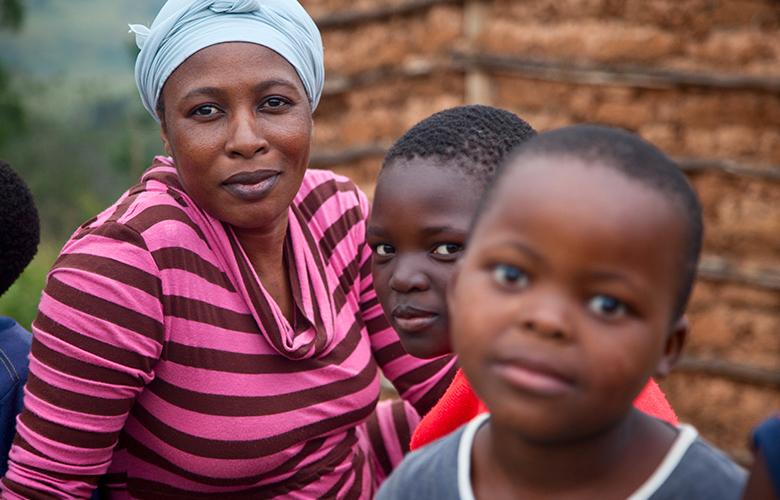
As families globally confront the stressors associated with the COVID-19 pandemic—including job loss, food insecurity, and uncertainty about the future—many women and children are also experiencing increased incidences of domestic violence.1 Quarantines and lockdowns amplify the risk of domestic violence due to increased exposure of women and children to family members or intimate partners who are prone to violence.2 During the pandemic, many women and children are cut off from those who provide them with psychosocial or emotional support to deal with domestic violence. For children, these might be teachers, and for women, it might be colleagues or other social networks.
EDC is leveraging simple technology (while recognizing technology gaps) to provide support to at-risk women and children during this pandemic. Following are some examples:
- Convene virtual support networks – In Liberia, EDC staff organize weekly check-in calls with PTA members, including mothers. Through these calls, we are providing a form of psychosocial support by communicating about critical health messages and distance-learning programs and making referrals to appropriate service providers who can help meet specific needs. Additionally, EDC project partners have conducted research to identify top service providers to care for victims of violence, and we are connecting community members to these services. EDC staff are also working virtually with PTAs to plan for transitioning children back to school and ensuring safe spaces upon reentry.
- Facilitate referrals to psychosocial support, especially for female teachers, youth, and children – In South Africa, EDC is linking learners, educators, and families to health and psychosocial support services by developing referral pathways. These pathways are designed to help school personnel build relationships with psychosocial service providers, youth-friendly health services, and counselors. Through this outreach, one educator reported experiencing gender-based violence (GBV), and EDC facilitated a link to a local organization providing GBV support.
As we work to assist communities during this pandemic, it is critical that we provide meaningful connections and support for women and children at risk of violence to ensure they are not further isolated during the pandemic.
Please share with us how you or your organization are engaged in efforts to help at-risk women and children.
| Nalini Bajaj Chugani is an International technical advisor who is committed to gender equity and inclusion. She is a founding member of EDC’s Gender Working Group, serves on gender analysis teams, and provides technical guidance to integrate gender across EDC’s international projects. |
1Fraser, E. (2020). Impact of COVID-19 pandemic on violence against women and girls (p. 2). Helpdesk Research Report No. 284. London, UK: VAWG Helpdesk.
2Peterman, A., Potts, A., O’Donnell, M., Thompson, K., Shah, N., Oertelt-Prigione, S., & van Gelder, N. (2020). Pandemics and violence against women and children (CGD Working Paper 528). Washington, DC: Center for Global Development. Retrieved from https://www.cgdev.org/sites/default/files/pandemics-and-vawg-april2.pdf

Comments
Add new comment